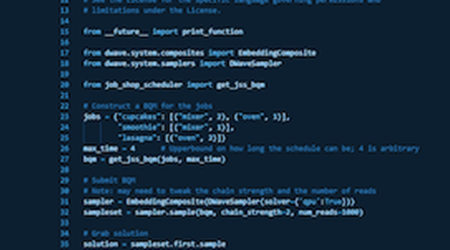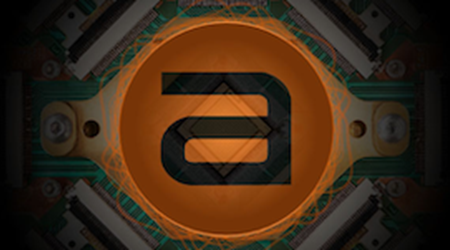How D-Wave Systems Work
To speed computation, quantum computers tap directly into an unimaginably vast fabric of reality—the strange and counterintuitive world of quantum mechanics. While we are only at the beginning of this journey, quantum computing has the potential to lead to breakthroughs in science, business, and other domains.
Quantum Computation
Rather than store information using bits represented by 0s or 1s as conventional digital computers do, quantum computers use quantum bits, or qubits, to encode information as 0s, 1s, or both at the same time. This superposition of states—along with the other quantum mechanical phenomena of entanglement and tunneling—enables quantum computers to manipulate enormous combinations of states at once.

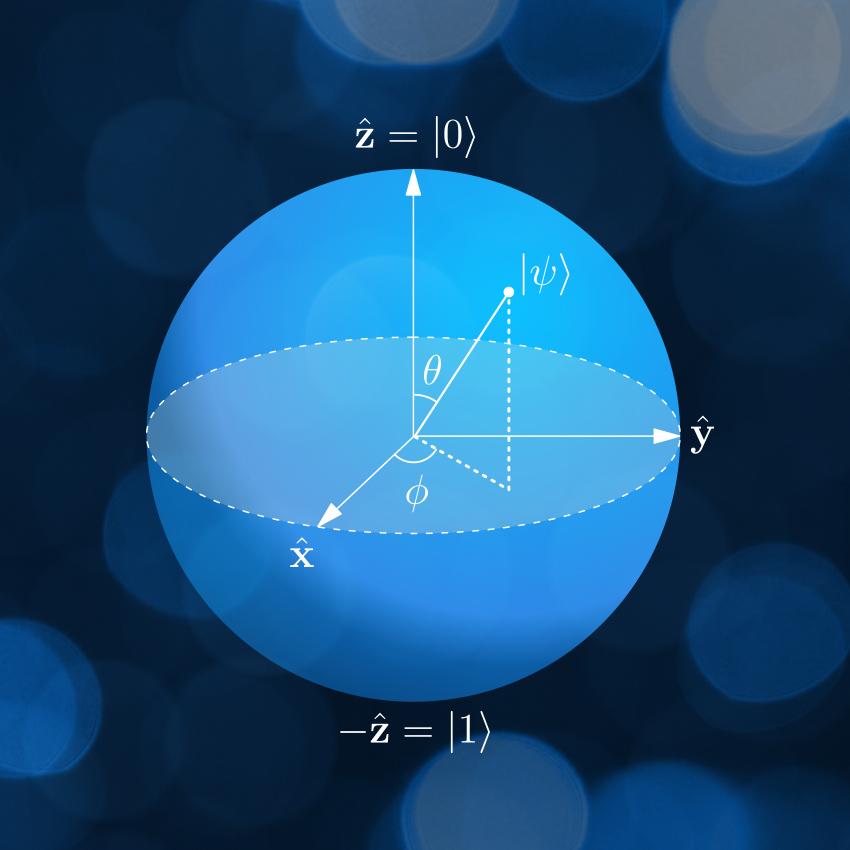
Quantum Annealing
D-Wave systems use a process called quantum annealing to search for solutions to a problem.
In nature, physical systems tend to evolve toward their lowest energy state: objects slide down hills, hot things cool down, and so on. This behavior also applies to quantum systems. To imagine this, think of a traveler looking for the best solution by finding the lowest valley in the energy landscape that represents the problem.

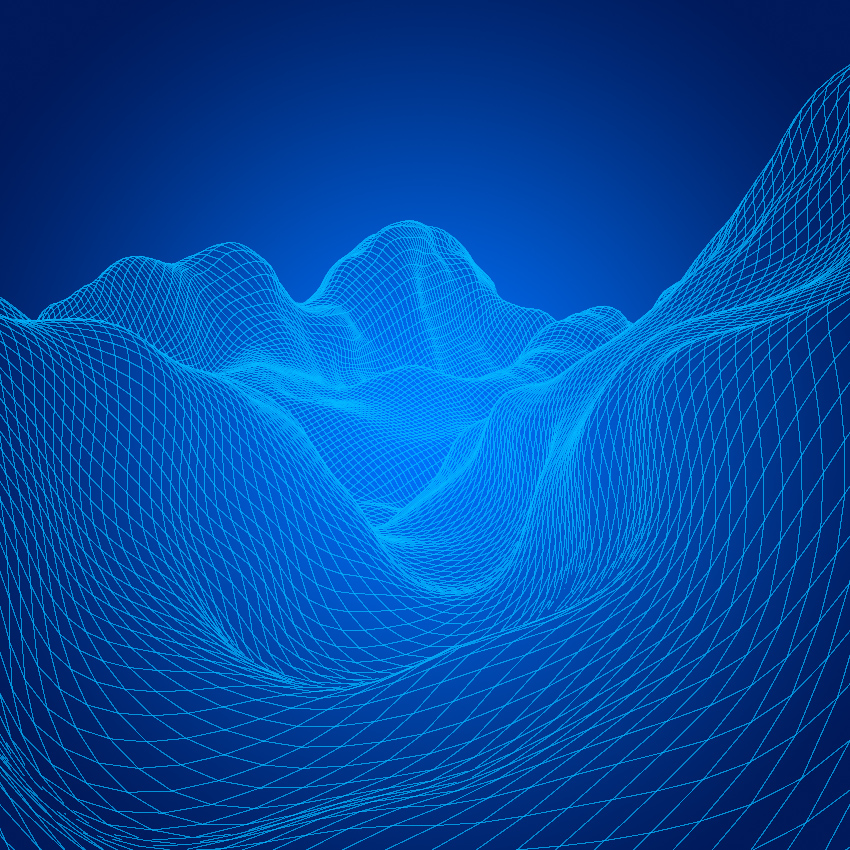
A Path to Gate-Model
Quantum annealing is uniquely designed for optimization, both today and into the future. With the Advantage quantum system performance update, customers can solve larger and more complex problems and get higher quality answers for real-world problems faster. Our vision is to go even further. Customers expect one, single, trusted cross-platform source for both quantum annealing and gate-model access.
By applying nearly 20 years of experience in pioneering superconducting quantum annealing systems, D-Wave has undertaken a program that will build and deliver a scalable gate-model quantum computing technology. This will unlock new capabilities in the simulation of quantum systems, with applications in materials science and drug discovery. And customers will benefit from cross-platform tools and the powerful developer platform in the Leap quantum cloud service, fully integrating annealing and gate technologies.
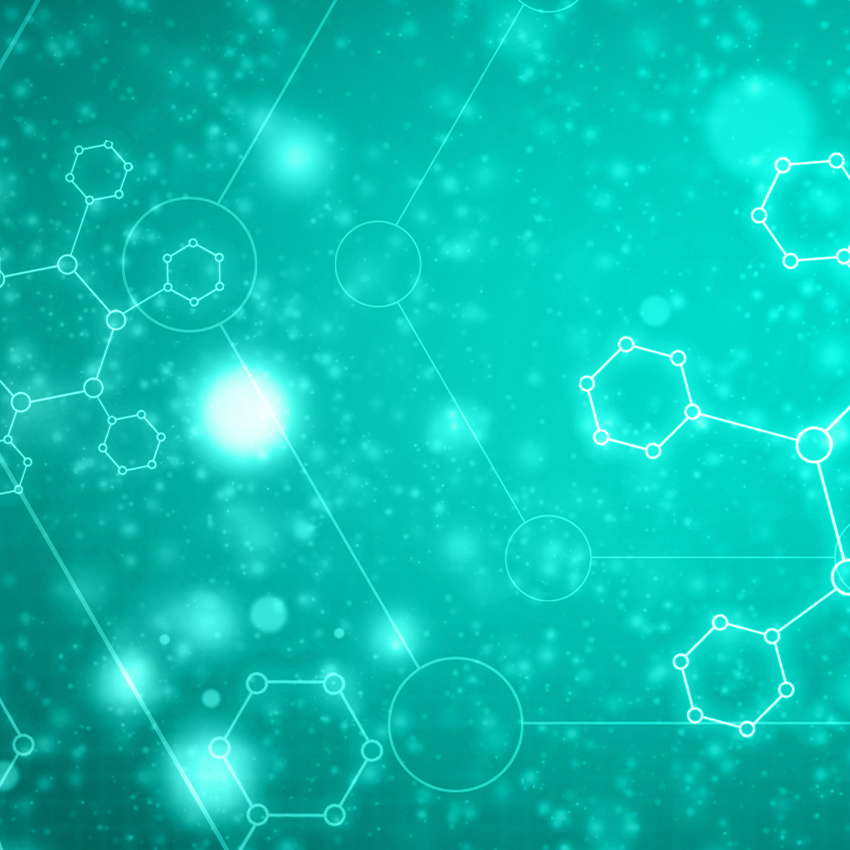
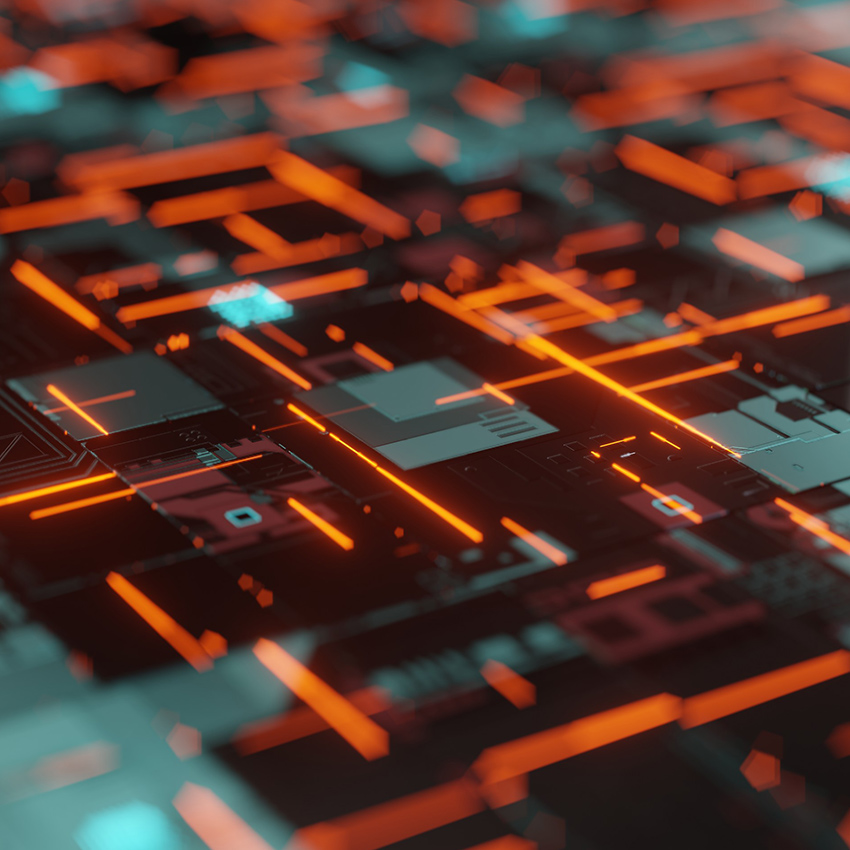
Classical vs Quantum
Classical algorithms seek the lowest valley by placing the traveler at some point in the landscape and allowing that traveler to move based on local variations. Such classical algorithms are prone to leading the traveler into nearby valleys that may not be the global minimum. Numerous trials are typically required, with travelers beginning their journeys from different points.
In contrast, quantum annealing begins with the traveler simultaneously occupying many coordinates thanks to the quantum phenomenon of superposition. Quantum tunneling allows the traveler to pass through hills—rather than be forced to climb them—reducing the chance of becoming trapped in valleys that are not the global minimum. Quantum entanglement further improves the outcome by allowing the traveler to discover correlations between the coordinates that lead to deep valleys.


Programming an Annealing Quantum Computer
To program an annealing quantum computer, a user maps a problem into a search for the “lowest point in a vast landscape,” corresponding to the best possible outcome. The quantum processing unit considers all the possibilities simultaneously to determine the lowest energy required to form those relationships. The solutions are values that correspond to the optimal configurations of qubits found, or the lowest points in the energy landscape. These values are returned to the user program over the network.
With the Ocean software development tools and hybrid solvers, the complexity of quantum programming is abstracted away so users can focus on the business problem at hand.

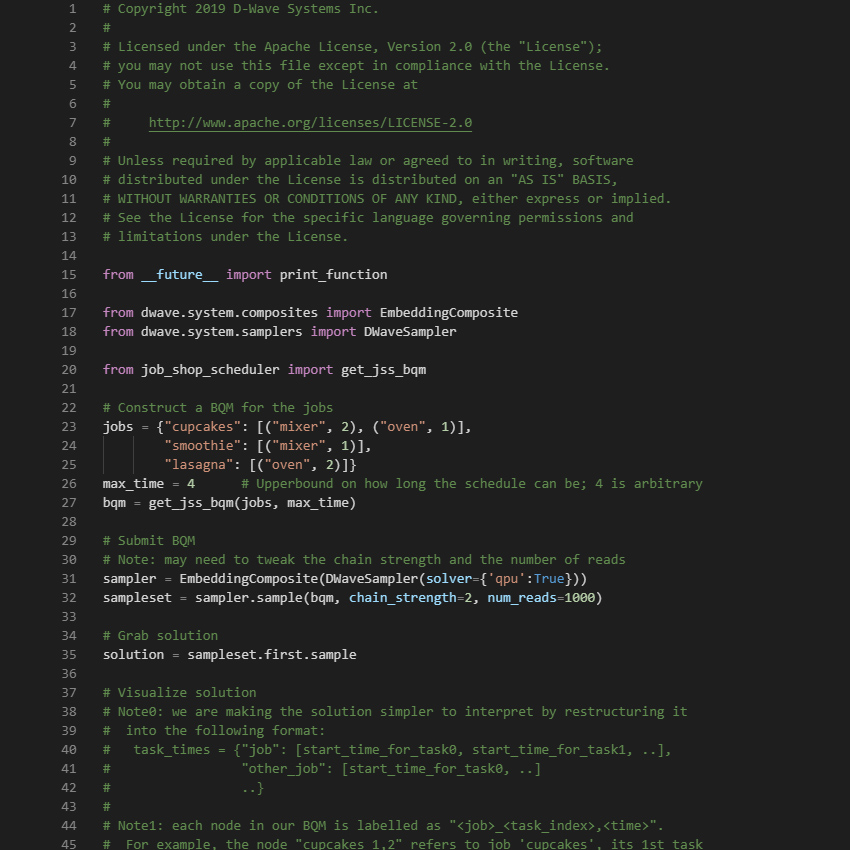
Learn More, Get Started
If you’d like to learn more about the amazing science behind our quantum computers, check out the publications and Advantage page. If you’re ready to get started, sign up for the Leap quantum cloud service.

